Health and Well-Being Management
This is achieved through investments in the development of innovative products and services, as well as strategic collaborations with health organizations and experts. These efforts reflect the Group’s dedication to creating a positive impact on people's lives and contributing to the development of a healthier, more sustainable society.
Goals and Progress
of total sales volume derive from B2B and B2C products and services that promote health and well-being
| Year | Goals |
|---|---|
| 2024 | 34.4% |
| 2023 | 31.7% |
| 2022 | 49.5% |
Supporting the SDGs
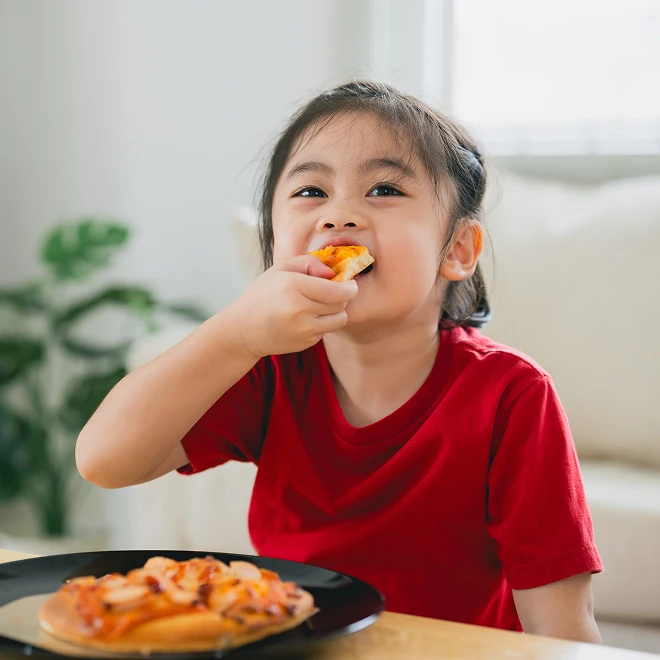
Stakeholders Directly Impacted
Key Performance 2024


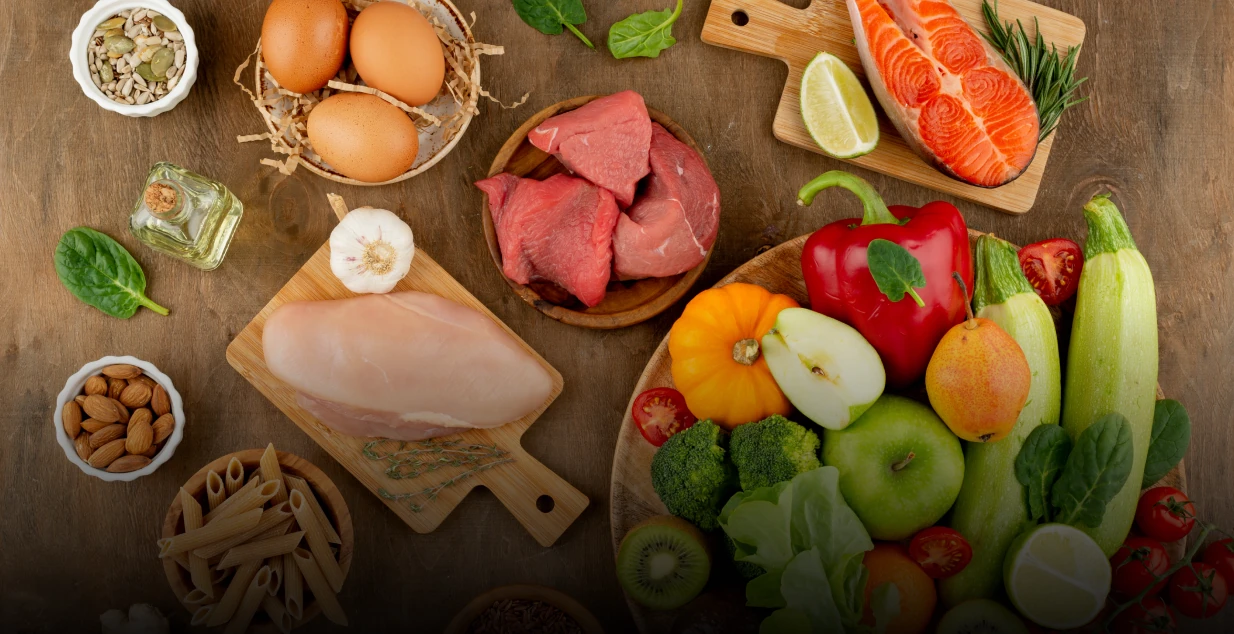
Health and Well-being Management Approach
Charoen Pokphand Group is committed to continuously improving its production processes to help ensure global food security. Innovation lies at the core of our efforts to develop high-quality products and services, while advancing equitable access to good health in line with the World Health Organization’s “Health for All” goal.
We emphasize the development of human capital by recruiting and training personnel to enhance their expertise. At the same time, we invest in research and product development to meet the nutritional needs of consumers across all age groups. Transparency in product information and traceability is also a priority, helping to build trust among consumers. To enhance efficiency, minimize waste, and ensure safety at every stage, from upstream to downstream, we integrate advanced automation technologies and internationally recognized standards into our operations. These include ISO/IEC 17025, GMP/GHPs, HACCP, ISO 9001, ISO 22000, GAP, and BAP. Furthermore, the Group collaborates with business and technology partners to build a robust health ecosystem and a secure, sustainable food system for the long term.
International Standard Certification for Food Quality and Safety
The Group has been certified for compliance with international standards for food quality and safety throughout the production chain in its operations in Thailand, as follows:
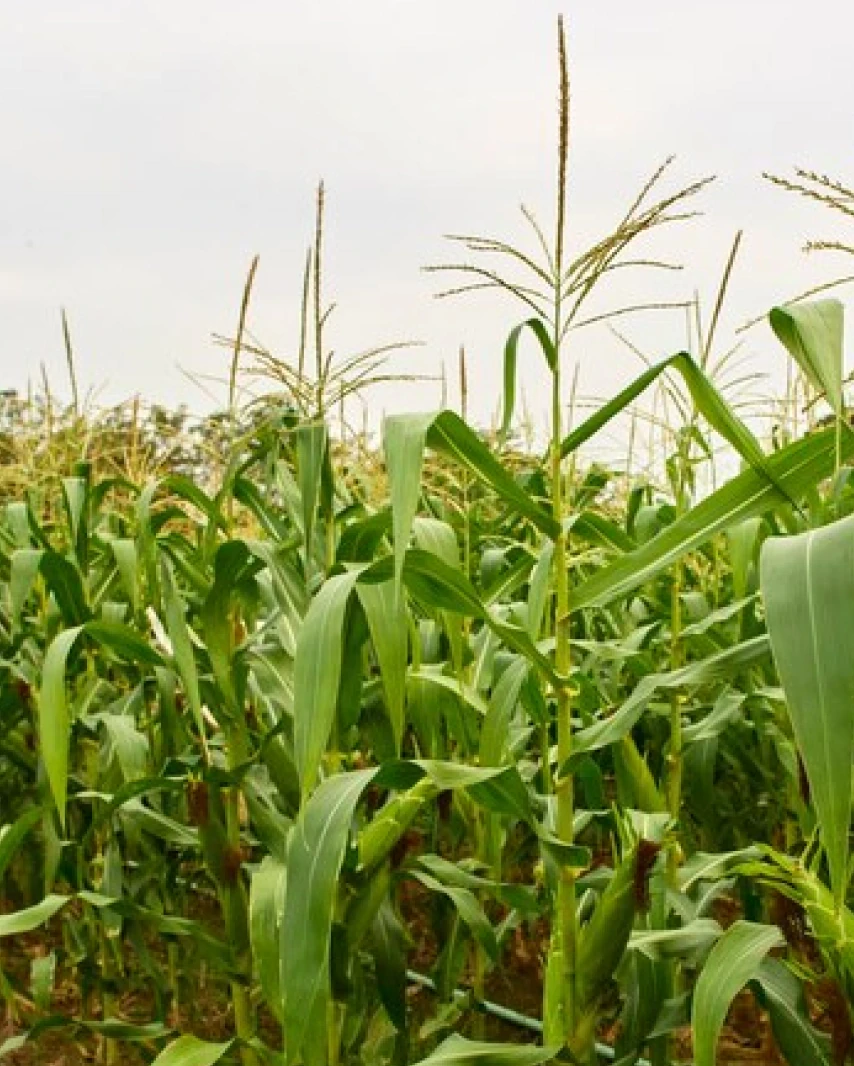
- Good Agricultural Practices (GAP)
- Good Manufacturing Practices (GMP)
- Good Hygiene Practices (GHPs)
- Hazard Analysis and Critical Control Points (HACCP)
- International Organization for Standardization - Quality Management System (ISO 9001)
- Global Good Agricultural Practices (Global GAP)
- Best Aquaculture Practices (BAP)
- Avian Influenza Compartment (AI Compartment)1
- Feed Additives and Pre-Mixtures Quality System (FAMI-QS)2
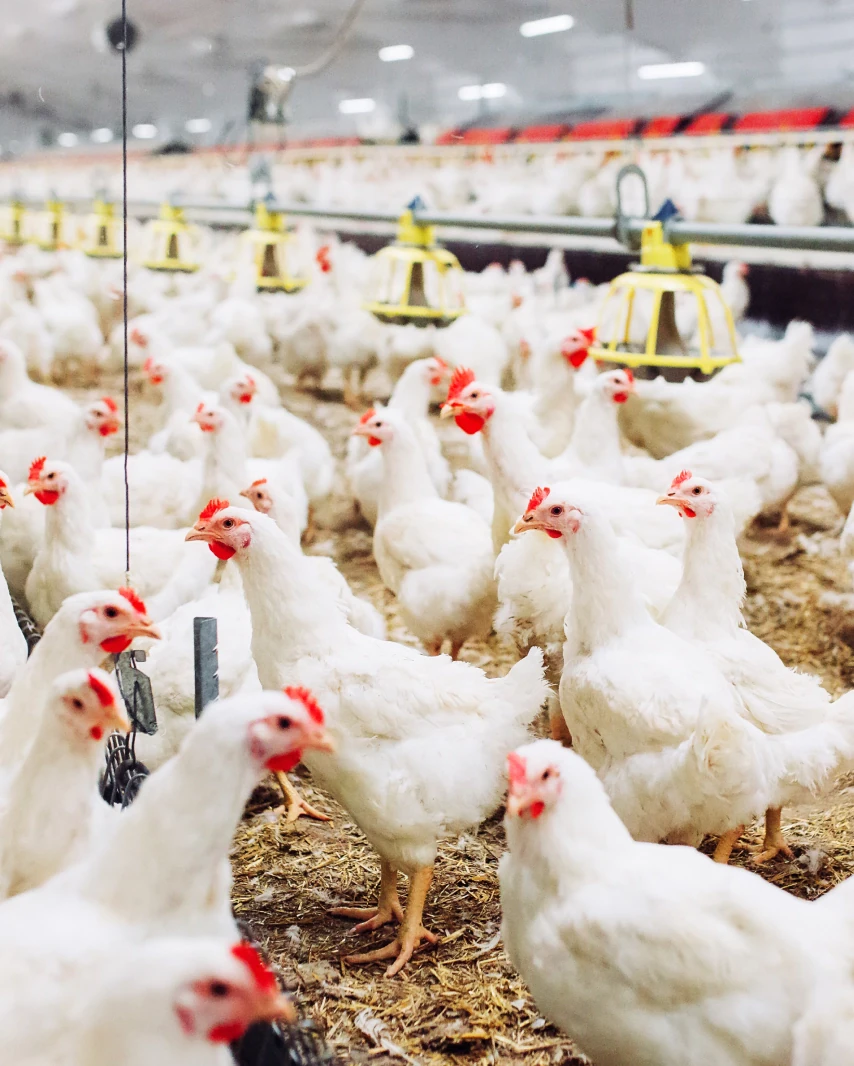
- Good Agricultural Practices (GAP)
- Good Aquaculture Practice (GAP)
- Best Aquaculture Practices (BAP)
- Aquaculture Stewardship Council (ASC)
- Genesis GAP/Farm F1rst
- Avian Influenza Compartment (AI Compartment)
- Good Manufacturing Practices (GMP)
- Good Hygiene Practices (GHPs)
- Hazard Analysis and Critical Control Points (HACCP)
- BRC Global Standard for Food Safety (BRCGS Food Safety)
- International Organization for Standardization - Quality Management System (ISO 9001)
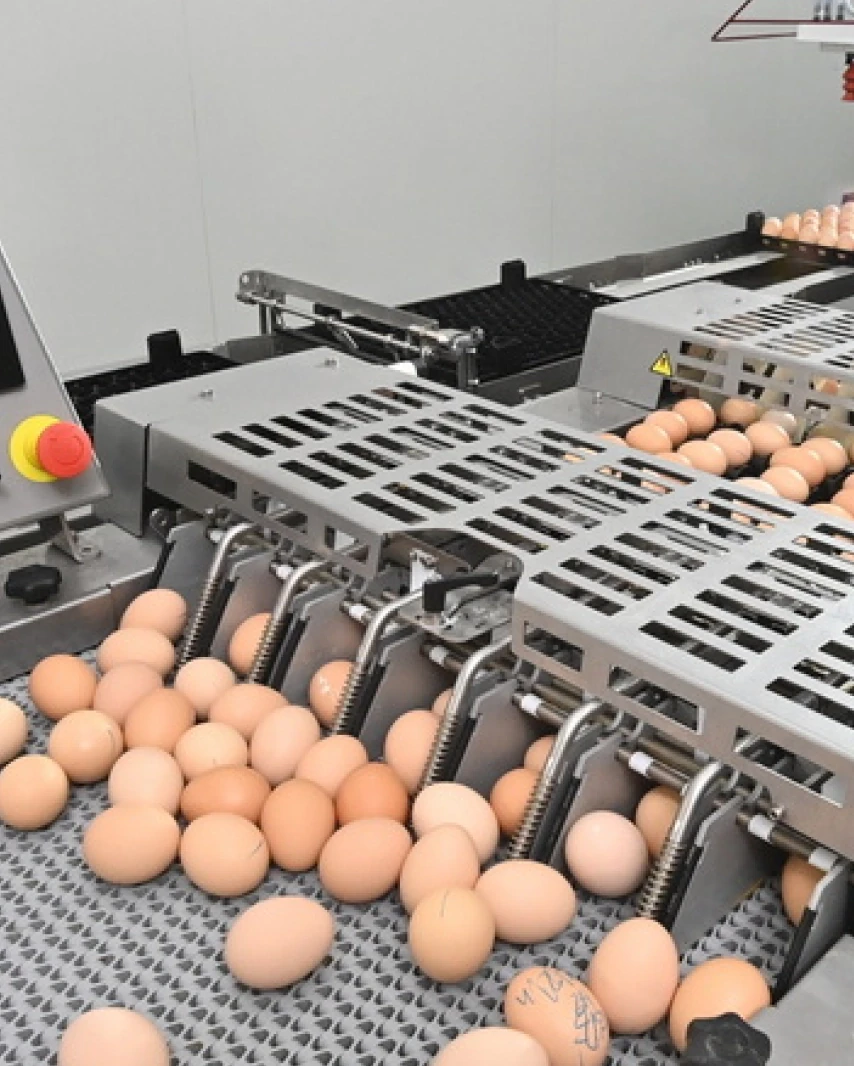
- Good Manufacturing Practices (GMP)
- Good Hygiene Practices (GHPs)
- Hazard Analysis and Critical Control Points (HACCP)3
- BRC Global Standard for Food Safety (BRCGS Food Safety)
- International Organization for Standardization - Quality Management System (ISO 9001)
- Food Safety Management Systems – Requirements for Any Organization in the Supply Chain (ISO 22000)
- Food Safety System Certification 22000 (FSSC22000)
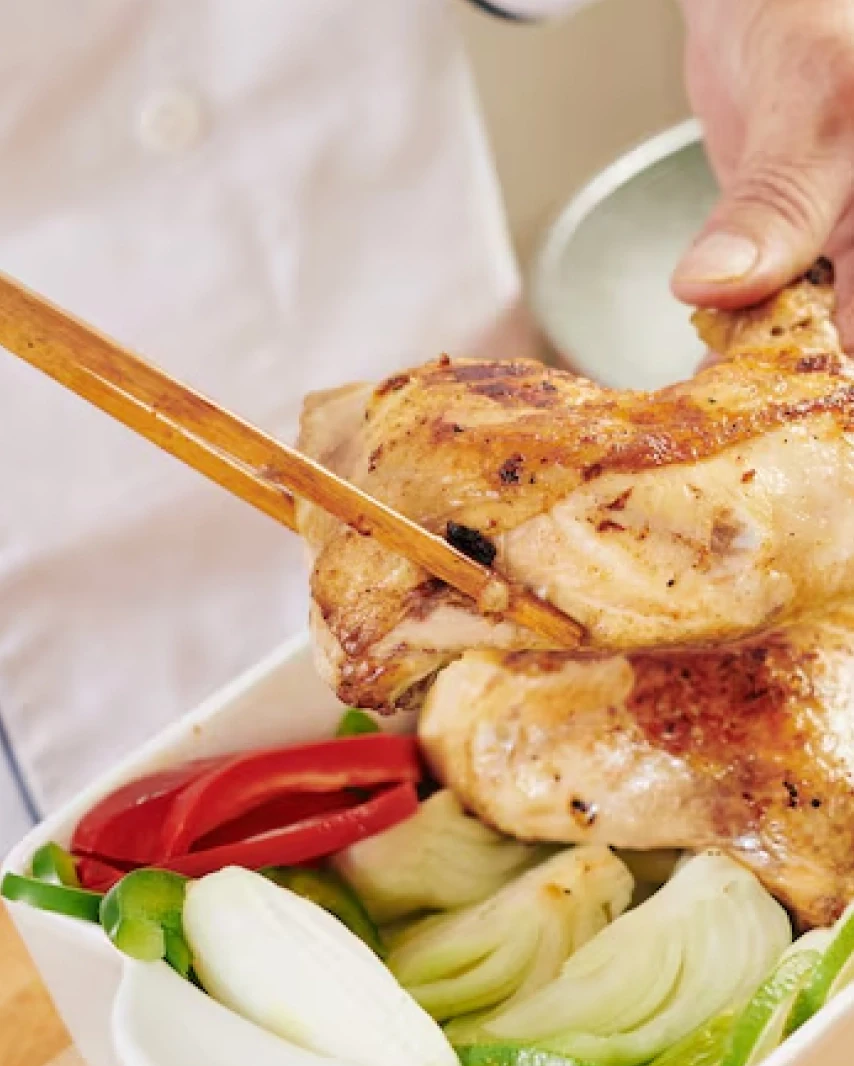
- Good Hygiene Practices (GHPs)
- Hazard Analysis and Critical Control Points (HACCP)
- Food Safety Management Systems – Requirements for Any Organization in the Supply Chain (ISO 22000)
1. AI Compartment (Avian Influenza Compartment) – Disease-free compartment certification for avian influenza in poultry, in accordance with standards set by the Department of Livestock Development, Thailand.
2. FAMI-QS (Feed Additives and Pre-Mixtures Quality System) – A quality and safety management system for feed ingredients and premixes.
3. Food Production Facilities – Covering a wide range of operations, including semi-cooked and fully cooked processed food factories, as well as ready-to-eat food manufacturing plants.
